1291 and all that
July 30, 2013, No comments
Swiss Americans are a generally modest bunch, as befits their roots. No sweeping dramas about their emigration or TV series about their lives in North America, but they are an integral part of the American story. Even President Obama can claim Swiss roots, albeit nine generations back. And while I found many examples of Swissness last time I was over the ocean, official representation of all things Swiss is being cut back, with consulates closing.
To commemorate Swiss National Day, and to take a look at what’s happening over the pond, I got in touch with Beth Zurbuchen, President of the Swiss Center of North America, the organisation that has just launched the 1291 Initiative to fill the gap left by the government. She’s as American as apple pie and as Swiss as Emmentaler cheese, and a great ambassador for both countries.
What is the 1291 initiative all about?
The closing of the consulates in Chicago and Toronto and the centralization of West Coast consular operations signals a reduced focus on the Swiss of North America. The Swiss Center wants to fill this void by protecting Swiss traditions in North America and actively promoting cultural exchange with Switzerland. Our goal is to raise $100,000 in 60 days (ie by 17 September)! Ambitious I know.
Our 2014 strategic plan includes ways to help Swiss clubs in the United States and Canada grow or sustain activities, in part by offering them the opportunity to tell us why they should receive a 1291 grant from the Swiss Center. Our goal in raising money is to strengthen both our activities and the Swiss clubs so we can be united in preserving and celebrating Swiss cultural heritage.
Why should people get involved – isn’t it something the Swiss government should be doing?
With Switzerland dramatically reducing its official representation due, in part, to financial constraints, I have been told by several Consul Generals that Switzerland cannot provide operating capital for the Swiss Center. So, it’s up to you and me to help fund the only Swiss cultural heritage center in the US and Canada.
The Swiss Center of North America is a non-profit organization registered in the state of Wisconsin. It is important to understand that we are not given money from our village, our state, our governments, or Switzerland. We exist only through donations mostly from individuals, but also businesses who understand the need to preserve, celebrate and promote our Swiss heritage, culture and roots.
More generally, what is the Swiss Center of North America?
We are the only organization in the US and Canada that exists to portray the story of how the Swiss helped create these two nations. We believe cultural heritage and identity matter. They are touchstones that ground us. They remind us what our forefathers valued and how we can help those values endure.
In addition to working with and working to strengthen Swiss heritage organizations, we also are extremely active in helping people find their Swiss roots. Providing access and connections to Swiss genealogical research is outreach I do every day. Nearly everyone I talk to about their Swiss roots is planning a trip to Switzerland—so it helps tourism too!
Our building is located in the quaint Swiss-settled village of New Glarus, Wisconsin. We are a mixture of museum, library, and archive. Plus, we are a place to meet new friends from both sides of the ocean.
So you have to have Swiss roots? Or can you just have an interest in Switzerland?
We have many supporters who don’t have Swiss roots, but love Switzerland or perhaps are married to someone with Swiss roots. I will quote a friend who says “there are two kinds of people in the world. Those who are Swiss and those who wish they were!”
I believe the most important reason to support cultural heritage is that it can be tangible, such as buildings, landscapes and artifacts, but also intangible, such as language, music and customs. It is not just old things, pretty things or physical things. Cultural heritage often involves powerful human emotions including the understanding of who we are and providing a sense of purpose in this rapidly changing world.
We don’t hear much about Swiss-Americans (compared to Italian- or Irish-Americans). Why is that?
It is important to talk about the linguist divisions in Switzerland that led to the splintered nature of how many Swiss emigrants saw themselves. Many Swiss identified more with their regional/linguistic association than with Swissness. Swiss-German with fellow German speakers, Ticinese with other Italian speakers, etc. The Irish-Americans and Italian-American emigrant communities are certainly much larger, but they have also had a common linguistic heritage to define them.
The Swiss who immigrated to the United States were often mistaken for German, French, or Italian. Once in this country, many immigrants changed their original names to an American version. For example Johannes/Hans became John. If their family name had a meaning, some translated it into English: Zimmermann became Carpenter thus losing their obvious connection to the “old country”.
Despite their small numbers, the Swiss established a large number of social and recreational organizations throughout the US. Their willingness to participate in community organizing stems from a long Swiss tradition of civic awareness and democracy, the hallmark of Swiss culture for centuries.
It’s not an easy time for American-Swiss relations: what do the two countries have in common?
Switzerland and the United States have a great deal in common. As far back as the American Revolution, they share a common history of democracy and a love for human freedom. The Swiss who came to the American colonies in substantial numbers in the 18th century strongly supported the American Revolution, and thousands of Swiss fought in the Continental Army. Swiss scholars may have inspired Thomas Jefferson’s drafting of the Declaration of Independence, Benjamin Franklin sent his children and grandchildren to school in Switzerland. The Swiss constitution of 1848 is modeled on its American counterpart.
The United States and Switzerland are often referred to as “Sister Republics” because they collaborated with each other as they developed a legislature with two houses, or chambers, constitutional documents and the systems of states and cantons.
How did you come to be in charge of the Swiss Center?
After 23 years in television news I decided it was time to escape the newsroom because it was all I knew how to do. This jump off the cliff took me out of my comfort zone but that was when amazing things began to happen, including my position as President of the Swiss Center of North America some four years ago.
As president, I have found a place where work is not a job, but a passion. As part of my journey to better understand my own Swiss roots, I would love to be able to purchase property in Habkern from where all Zurbuchens come. I’d be very happy if that little plot of land came with a few brown Swiss cows. I also dream of having enough money to personally establish a Zurbuchen-Family endowment to ensure the future the Swiss Center of North America. The endowment would serve as a resource pool for innovation and planning and as the vehicle to guarantee long-term continuity and sustainability.
What struck you most when you last visited Switzerland?
I was struck by how deeply I feel at home. My Swiss roots run deep: my great grandparents emigrated in the late 1800s (Cantons Bern, Thurgau and Graubünden). My mom’s father, Rudy Wuthrich, emigrated in the 1920s. When I stood on my grandfather Wuthrich’s farm — perched on the hills of Emmental with the majesty of the Swiss Alps facing me — I was struck by my strong Swiss roots. Standing with my second cousins, I knew this was home. I belonged here.
I’d love to write about the growing friendships. But perhaps instead of naming names, I’d like to talk about the Triple Bise. Americans shake hands (how boring), or if we know you better, we hug (too personal?). I love the three kisses as it’s a grand way of acknowledging someone when you meet them, rather than a brief “hey” and a wave. It’s so much warmer. I think it’s nearly impossible to give someone three kisses and not feel friendly!
Lastly, how will you be celebrating 1 August?
On Swiss National Day, I will be in Chicago at the invitation of the Consul General of Switzerland and Mrs. Martin Bienz. This will be bittersweet as Switzerland is closing the Chicago consulate in 2014 so this will be the last time those of us in the Midwest will have the opportunity to celebrate Swiss National Day with many others.
On August 4th, locally we celebrate Swiss National Day with the Volksfest. In fact, you can check out the Facebook page I created for them. Attending as my guest will be Anselm Zurfluh, the Directeur at Fondation pour l’histoire des Suisses dans le Monde in Geneva.
For more information on the 1291 Initiative, or to donate money before the campaign finishes on 17 September, please click here. What better 722nd birthday present to give Switzerland!





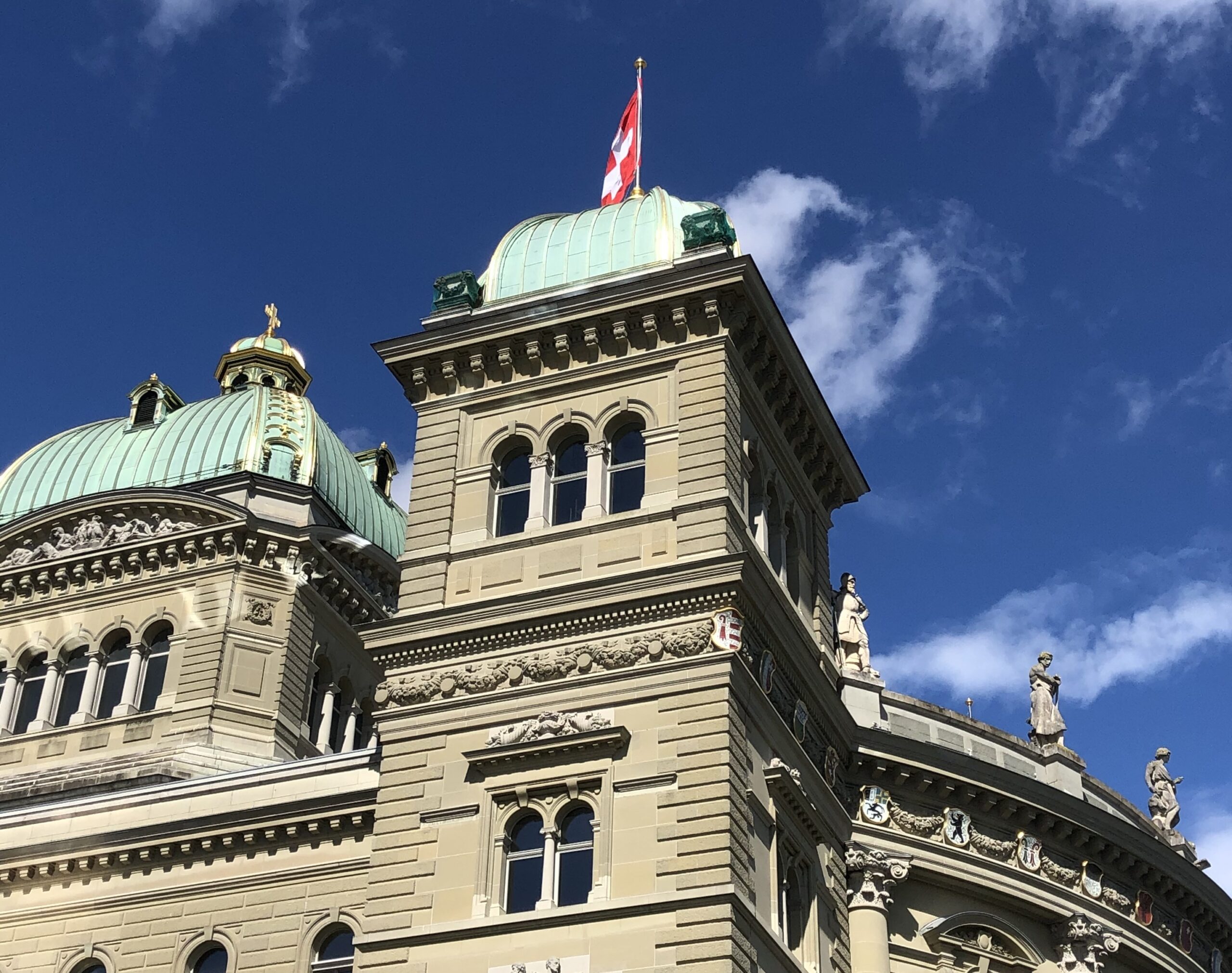
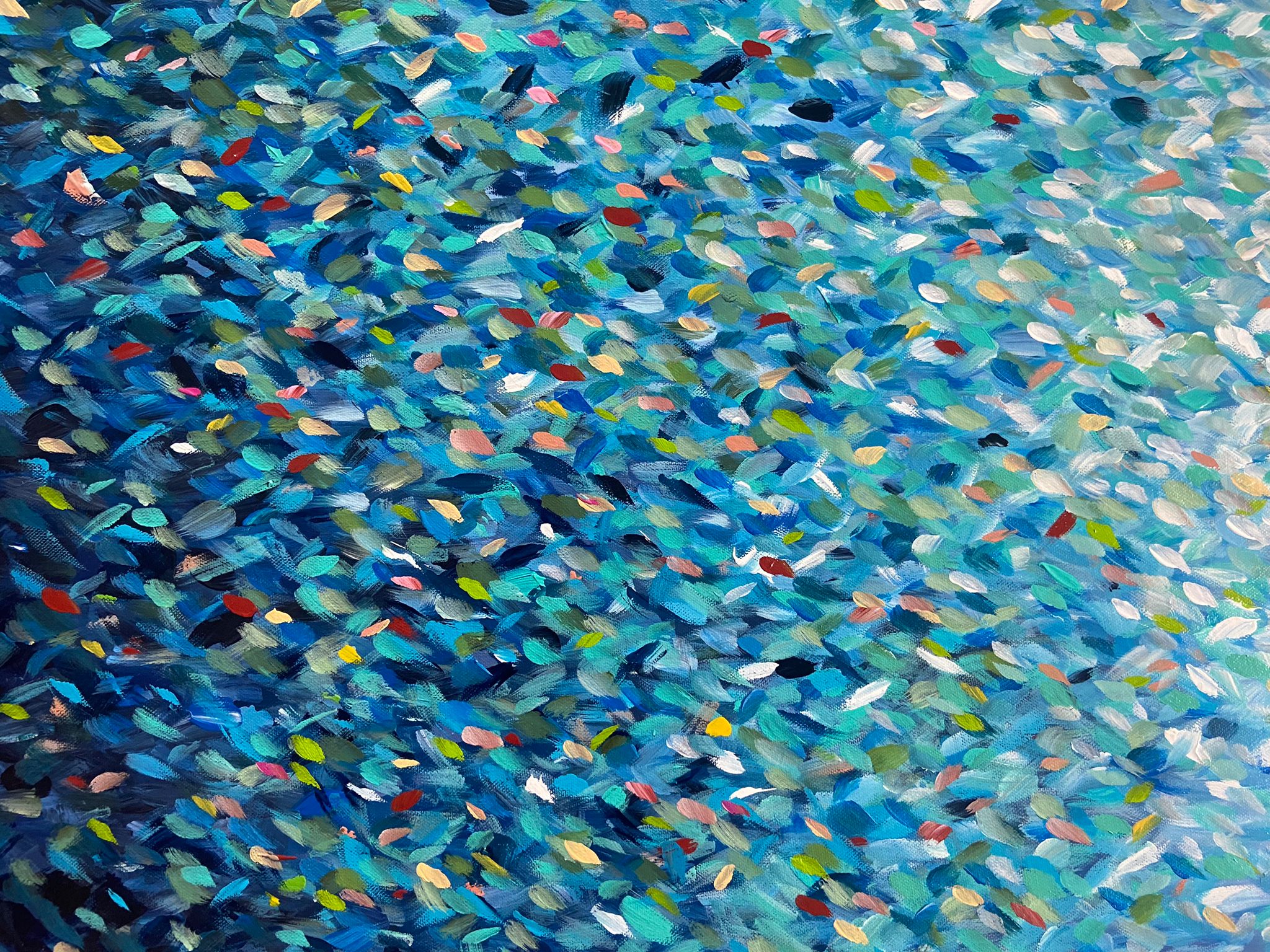
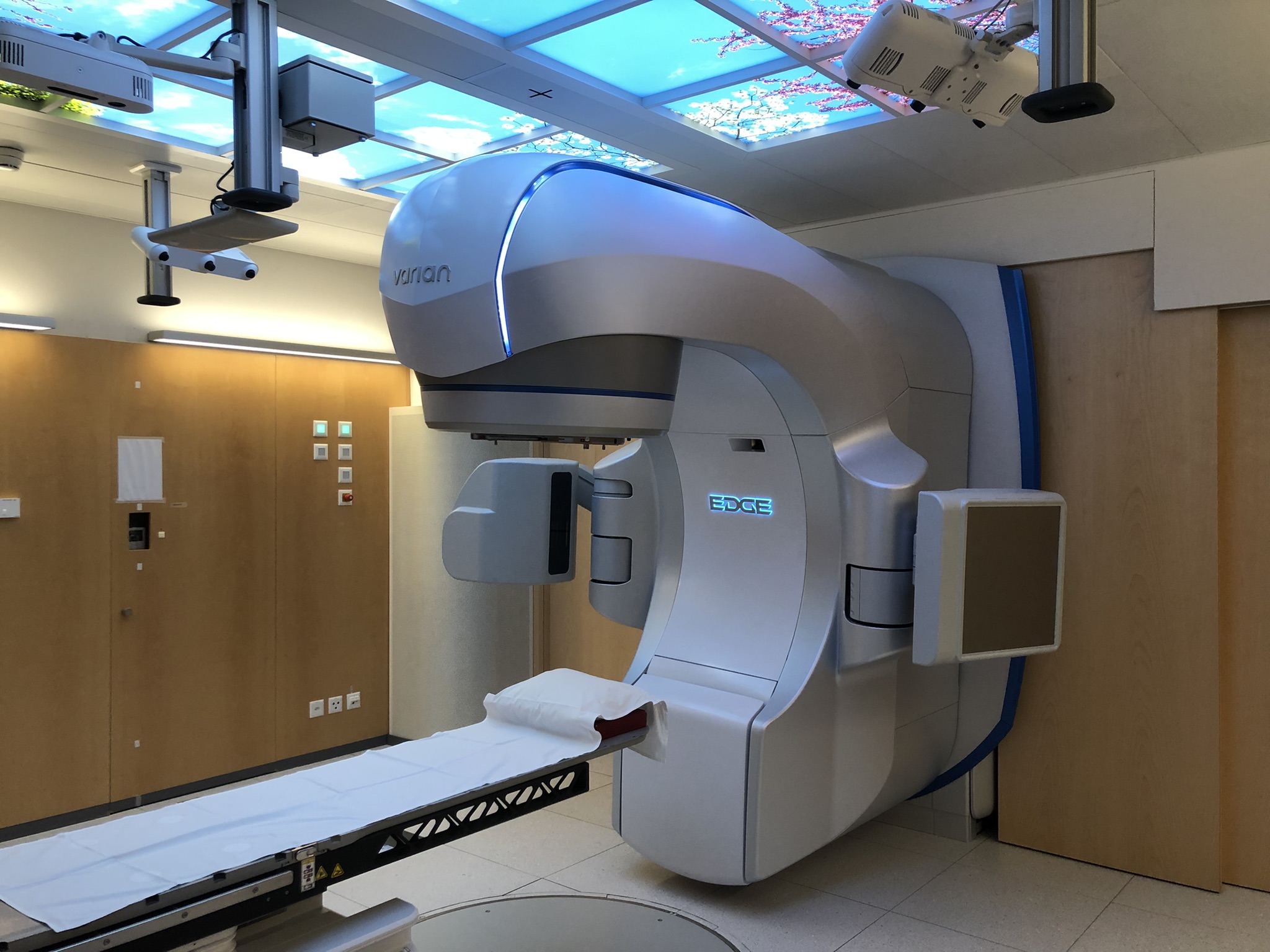

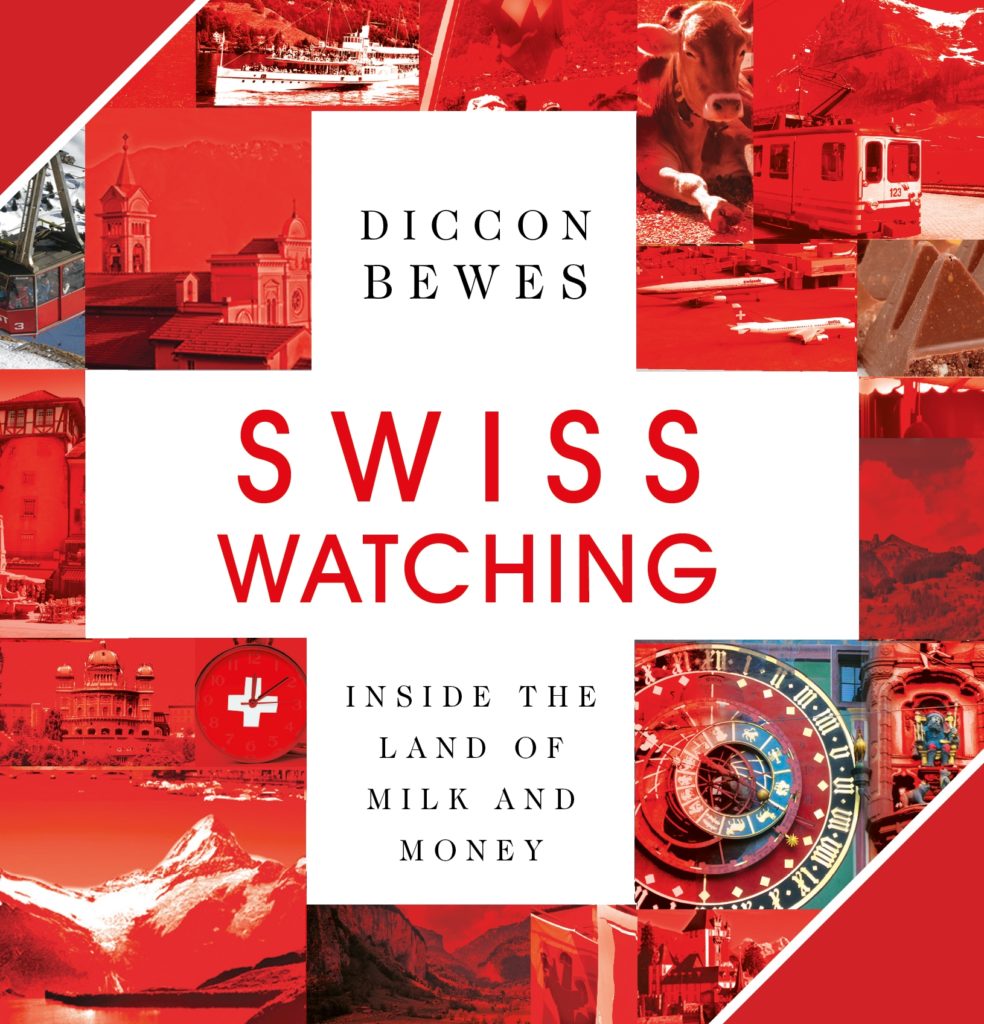
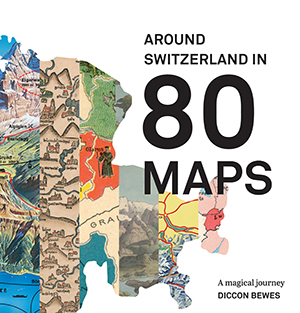
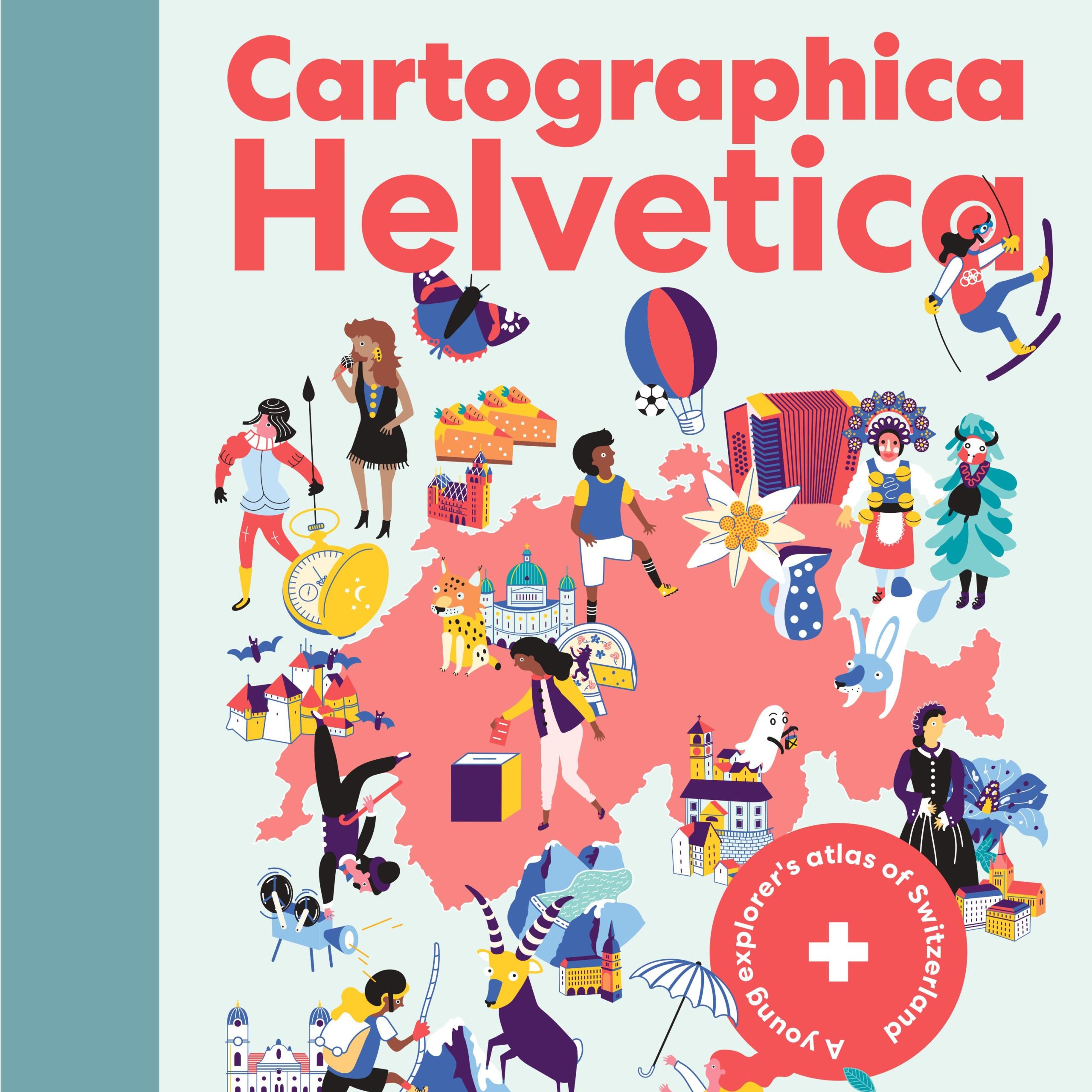

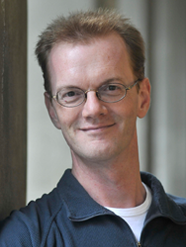
 Follow on Facebook
Follow on Facebook Follow on Twitter
Follow on Twitter Subscribe by RSS
Subscribe by RSS Contact me directly
Contact me directly Global Solutions Inc.
Global Solutions Inc.